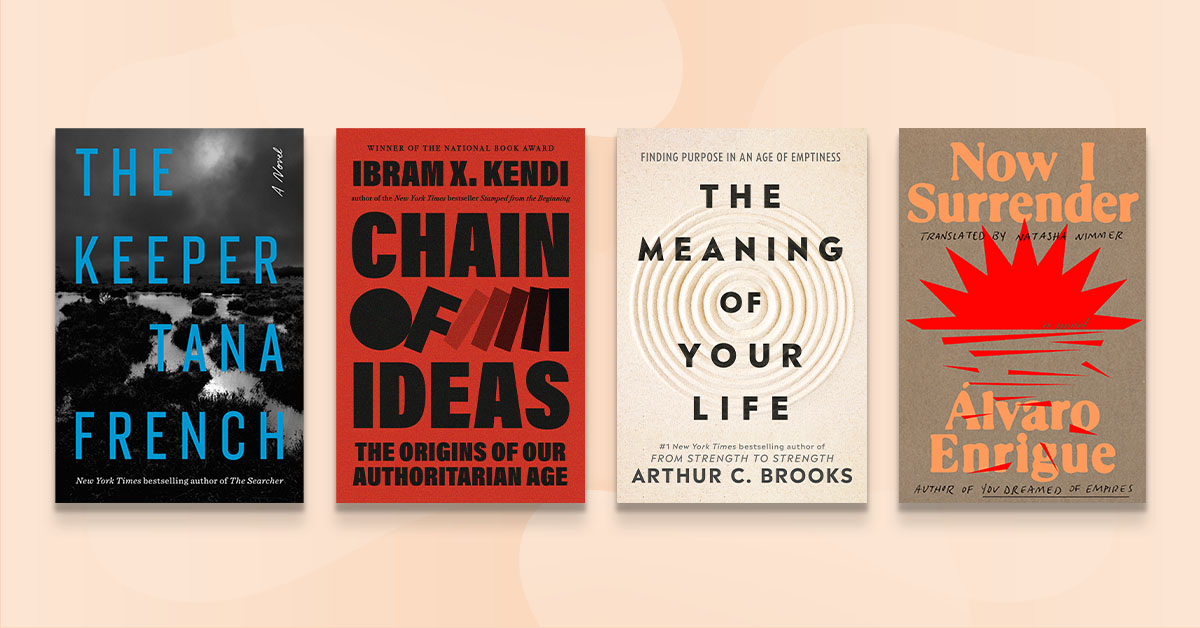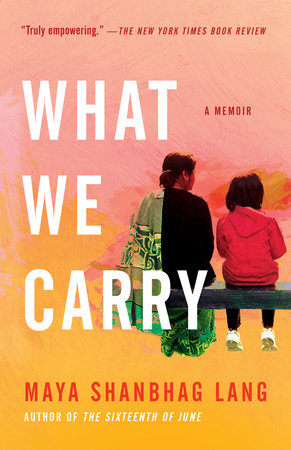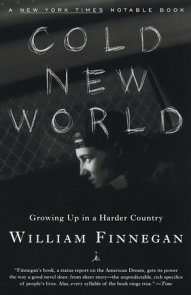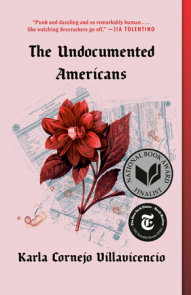READERS GUIDE
Questions and Topics for Discussion
1. When we first encounter the story of the woman in the river, Lang expects it to be about maternal sacrifice. She is surprised when her mother says, “We must not judge. That is the real lesson of the story. Whatever a woman divides, it is not easy.” How do Maya’s judgements of herself and her mother change over the course of the book? Have you ever found yourself judging yourself or someone else differently over time?
2. Returning home from the hospital after giving birth, Maya is overwhelmed by the demands of motherhood. When she asks her mother how she handled these demands, her mom answers, “I don’t know… I just did.” Maya has no idea that this response is an obfuscation of the truth. Do you think this answer helps or harms her?
3. Maya’s mother describes depression as “a broken bone no one can see.” How do you interpret this metaphor? Do you think the general public views depression this way?
4. When she experiences suicidal thoughts, Maya asks her mother to visit. Her mother replies that if she were to get on a plane, she would “die of exhaustion.” Why do you think Maya’s mother responds this way? How would you feel if you were in Maya’s shoes? Maya eventually begins to feel angry, but it takes a while for the anger to arrive. When it does, it feels to her like a “small red balloon.” How do you think it helps Maya to think of her anger as something inside of, but separate from, her own being?
5. As she settles into motherhood, Maya begins writing a novel. This is her form of self-care. “Only in my writing am I able to let go,” she writes. “Perhaps this is what we should give new moms: A laptop and a cup of coffee. A notebook and a pen. Permission to dream.” What messages do you think our culture sends to mothers about the value of caring for themselves? What methods of self-care are condoned or disparaged? What feels like true self-care to you?
6. “There is a certain dark point at which self-sufficiency becomes a dare,” Lang writes. “Why ask for help when you can pretend not to need it?” Why is asking for help difficult? How do you feel when you ask for help?
7. If my mom could do it, so can I. Maya repeats this to herself as a mantra. Do you have a mantra to motivate yourself? What does it come from?
8. When Maya realizes that her mother is exhibiting signs of dementia, she understands the distance that grew between them over the preceding months. “She wanted a false story from me,” Lang writes. “Without realizing it, I wanted one from her. We’ve been hiding from each other.” When do we present false stories to others, and when do we expect false stories from them in return? What do those false stories offer us?
9. As Maya struggles to understand the idea of home, Zoe tells her, “Home is the place that’s always open.” Maya realizes that her mother made her feel most at home in the world. How would you define home? Is there someone or something that helps you feel like you have a place in the world?
10. We shouldn’t ask so much of any one part,” Louis tells Maya. “Too much strength can be its weakness, you know.” Maya is stunned. Why do you think this means so much to her in that moment? Do you have examples from your life when you or someone you has exhibited too much strength?
11. Why do you think Maya’s mother neglects to share that she received help as a mother? What is the legacy of that omission? What long-term effects does this have on Maya and the choices she makes?
12. Of caregiving, Lang writes, “I want to separate the myth from reality, to reconcile the mom I always imagined with the more complicated person I’m just starting to know.” What realities does she learn? Can you think of an instance in your life when you put someone on a pedestal? What enabled you to see the person differently?
13. “Maybe at our most maternal, we aren’t mothers at all,” Lang writes. “We’re daughters, reaching back in time for the mothers we wish we’d had and then finding ourselves.” What does she mean by this? Can you think of examples-from your own life or someone else’s-that show how this is true?
14. “She didn’t always know how to care for me the way I wanted,” Lang says to her mother. “She cared for me the way she knew how.” How do you think Maya’s mother expressed her love for her children? What do you think of this type of caregiving?
15. Towards the end of What We Carry, Lang revisits the story of the woman in the river. “The woman chooses herself,” she reflects. “Once she makes the choice, everything follows.” Lang finds this idea empowering and uplifting. Why? What does it mean for a woman to choose herself?
16. How do you think the idea of mythology plays out in the book? What myths inspire you? How do the stories we tell-about ourselves and others-shape us?





















